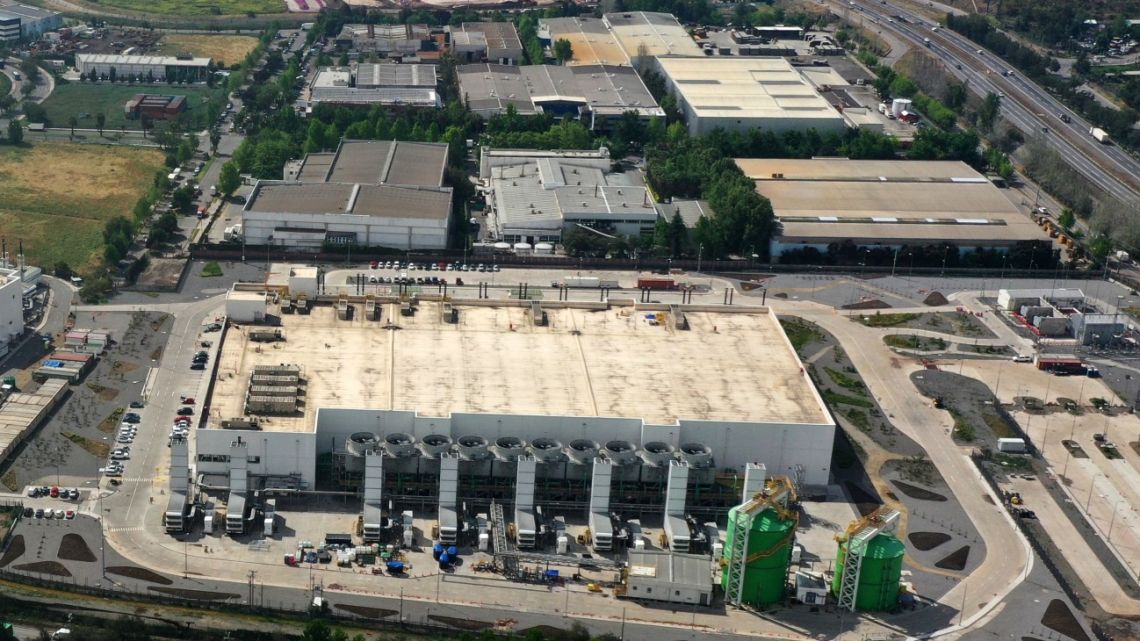In Chile, a government initiative to impose ethical guidelines for artificial intelligence is facing pushback from major global technology companies, sparking a debate that may influence nations around the world to regulate the rapidly growing industry.
Chile draws tech companies by offering economic and political stability, strong fiber optics, subsea data cables, and abundant green energy to run power-hungry data centres. If it passes legislation, Chile would become a regulatory leader among developing economies.
Regulation outside of the European Union and China tends to be inconsistent.
The Andean nation is expected to gain a significant investment, with cloud giant Amazon Web Services committing to US$4 billion on three data centres that will start up simultaneously in Santiago next year. Meanwhile, Alphabet Inc’s Google is planning a second data centrein the country and is laying a new 14,000-kilometre (8,700-mile) data cable from Chile to Australia.
The AI bill is now awaiting Senate approval after passing in the lower house in October, categorising AI systems by risk level. The higher the potential harm to people or society, the more strict regulations and oversight.
Limited-risk systems must meet transparency
Continue Reading on Buenos Aires Times
This preview shows approximately 15% of the article. Read the full story on the publisher's website to support quality journalism.
